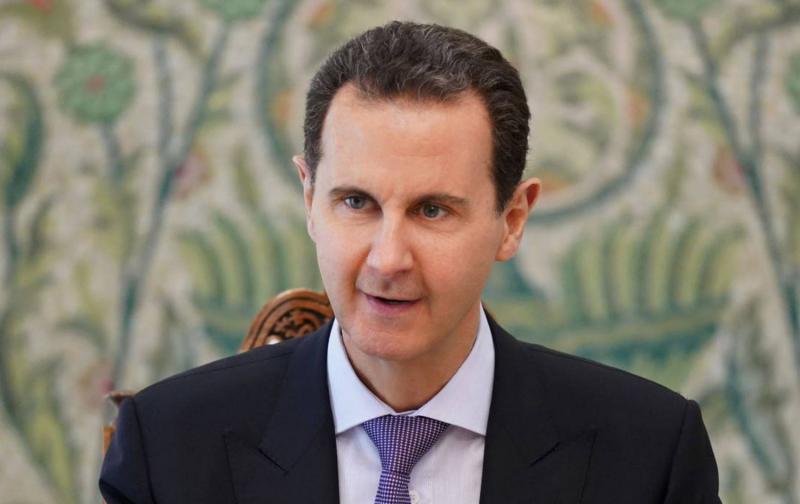The American magazine "Foreign Policy" described the Arab step towards "normalization" with Bashar al-Assad's regime as "catastrophic," resulting in counterproductive outcomes both within Syria and in the wider region. In a report written by Charles Lester, a researcher at the Middle East Institute in Washington, the magazine highlighted that the efforts made by Arab countries to end Assad's isolation and make his regime a responsible player have had entirely the opposite effect. It noted that these countries not only failed to persuade Assad to make any concessions but that all aspects of the Syrian crisis have worsened since Assad's participation in the Arab summit held in Saudi Arabia last year.
The author argued that the initiative that led to Syria's reintegration into the Arab fold included five key priorities that should be achieved through the so-called "Arab Ministerial Contact Committee" dedicated to continuing dialogue with the Syrian regime. These priorities include increasing and expanding humanitarian aid deliveries in Syria, creating necessary conditions for the large-scale return of refugees, ending the production and export of illegal drugs from Syria, resuming the work of the Constitutional Committee, and reaching a political solution consistent with UN Security Council resolutions, along with establishing an international security body to coordinate efforts against terrorism in Syria.
Since then, the author notes, the committee has met several times, but work on all five issues has not commenced at all. Charles Lester added that the envisioned "step-by-step" process for mutual concessions has not gone beyond a wave of high-level visits with Assad in early 2023 and his return to the Arab League. The American magazine further stated, "When it comes to the political process, not only has no progress been made, but the Constitutional Committee is now effectively dead, and Assad has repeatedly informed Arab countries of his refusal to participate in any future processes."
Regarding humanitarian aid, its access has not only remained restricted as it was previously but has also dropped to its lowest levels last year, while the World Food Program has completely halted its efforts in Syria despite 90% of citizens living below the poverty line. Meanwhile, Syrian refugees continue to reject returning to the country under Assad's rule, with UN surveys indicating that only one percent are considering returning in the future if current conditions persist.
On the other hand, the author notes that the drug trade, which is sponsored and protected by the regime, continues to thrive, with billions of dollars’ worth of captagon pills being exported across the region, utilizing local, regional, and global smuggling routes by land and sea. In fact, the author points out that the rate of smuggling activities facilitated by the regime along the Jordanian border has tripled in the past 12 months, coinciding with Saudi authorities announcing this week the seizure of a captagon shipment worth $75 million alongside the country's announcement of appointing a new ambassador to Riyadh.
The regime's drug trade not only persists but has also diversified to include crystal meth and the smuggling of weapons via drones and armed smuggling groups linked to Iran and its proxies in the region. The author believes that the Syrian file has not received much attention in the United States in recent years, although the Biden administration has quietly encouraged the resumption of Arab relations with Syria and effectively prevented Congress from advancing anti-normalization legislation against Assad's regime. He noted that despite Washington's theoretical opposition to normalization, it has done little to stop it.
In light of the current situation, the Caesar law aimed at protecting civilians in Syria is set to expire next December unless Congress renews it. Without it, the author points out, governments and entities worldwide will be free to engage with and invest in Assad's regime.
Ultimately, after more than 13 years, the author states that the Syrian crisis remains completely unresolved, while conditions within the country have deteriorated to their worst state ever—continuing to worsen. Regional efforts aimed at moving things forward have "failed miserably as they were driven by false assumptions," according to the author. He adds that "this does not mean that diplomatic paths are useless, but they will not succeed if the regime is granted unconditional authority from the outset." Therefore, the author emphasizes that Syria needs collective efforts and serious international will, along with American attention, to emerge from its catastrophic crisis.




